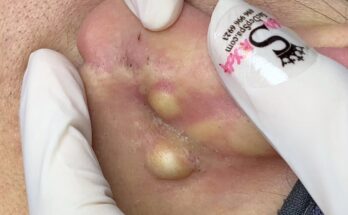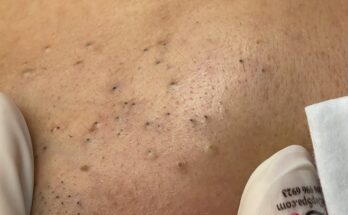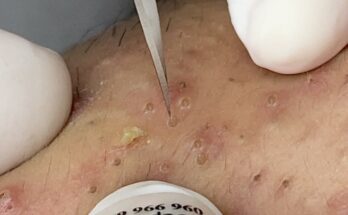
Even with acne-prone skin, proper hydration is crucial to prevent breakouts. When skin lacks water, it becomes dehydrated, and this can trigger a problematic chain reaction. Your skin may compensate for the lack of moisture by overproducing sebum, the oil that leads to clogged pores and breakouts. Dehydration can also compromise the skin’s protective barrier, making it more vulnerable to bacteria and irritation, further worsening acne.
Best Lightweight Moisturizers 💧
Using a lightweight, non-comedogenic moisturizer is essential for acne-prone skin. Unlike heavy creams that can clog pores, these formulas provide hydration without feeling greasy or suffocating the skin. Look for products that are oil-free or have a gel or water-gel texture, as they absorb quickly and won’t leave a heavy residue.
Key Hydrating Ingredients ✨
To ensure your moisturizer is effective and non-irritating, look for key hydrating ingredients:
- Hyaluronic Acid: A powerful humectant that attracts and holds up to 1,000 times its weight in water, it provides lightweight hydration and helps plump the skin.
- Glycerin: Another excellent humectant that draws moisture from the air into the skin, helping to maintain its hydration levels.
- Ceramides: These are lipids naturally found in the skin barrier. Moisturizers with ceramides help to repair and strengthen this barrier, preventing moisture loss and protecting the skin from external irritants.
- Niacinamide: This ingredient helps to regulate oil production and reduce inflammation, making it a valuable addition to any hydrating product for acne-prone skin.
By choosing products with these ingredients, you can keep your skin hydrated and balanced without exacerbating acne.


